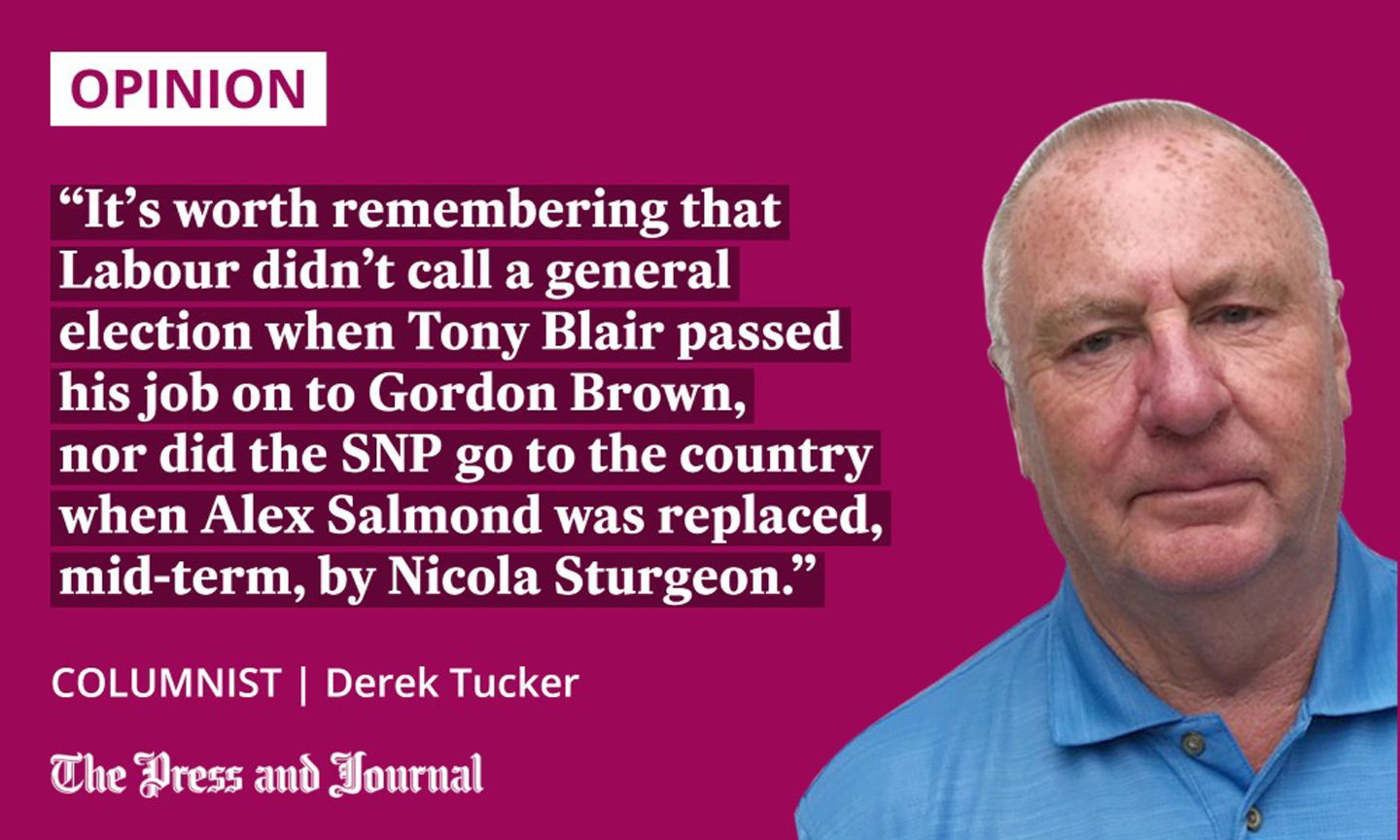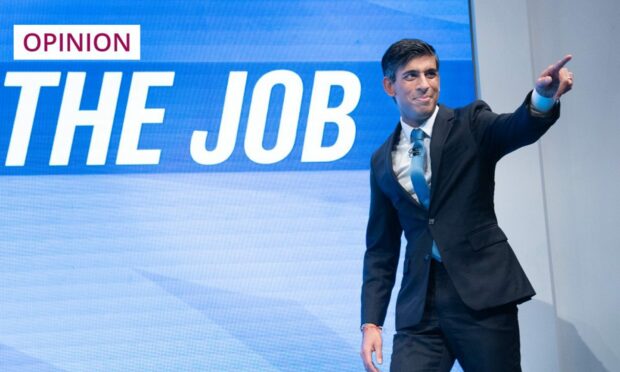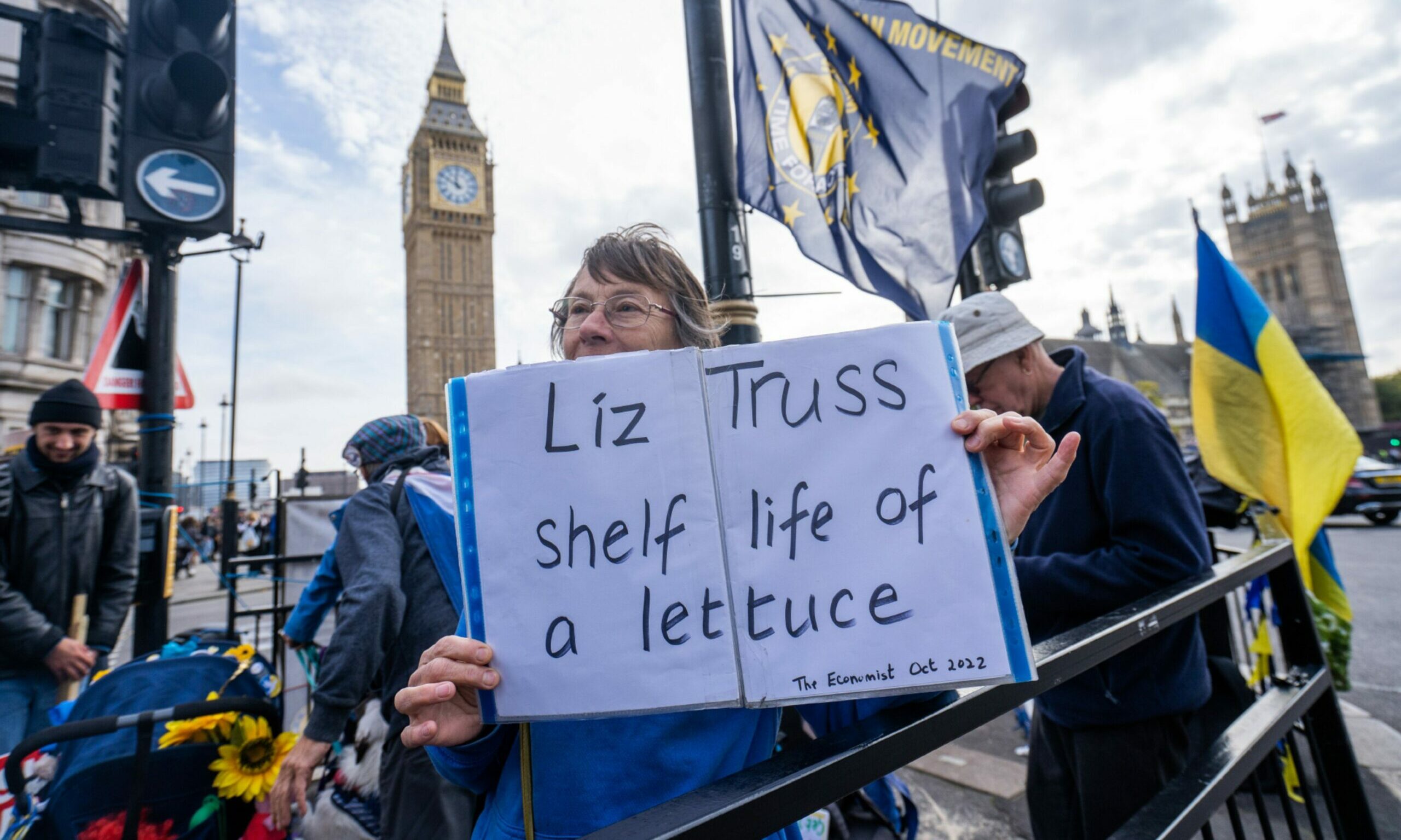So, that’s it then.
The UK has a new prime minister, its third in seven weeks, and the long-suffering public has to prepare itself for another round of ministerial shuffling, more policy U-turns, and the prospect of further financial market turbulence.
Rishi Sunak enters 10 Downing Street with the unenviable task of trying to put right the chaos created by his predecessor, Liz Truss, who demonstrated perfectly what happens when ambition and ability head in different directions.

No one can blame her for wanting to take on the biggest political post in the country, but it is beyond me that so few of her colleagues failed to see the blindingly obvious fact that she was not up to the job. Her appointment of Kwasi Kwarteng as chancellor was her first major mistake, and things imploded fairly rapidly from that point onwards.
Rarely, if ever, have 44 days created such havoc in a country, which, despite what some would have us believe, has generally enjoyed political stability.
So, what does this all mean for Rishi Sunak, Britain’s first Asian PM? First and foremost, he has to placate the ferrets in a sack, also known as the Conservative Party, which has shown savagery and disloyalty beyond comprehension, before, during and after the Truss era – if six weeks can be described as an era.
It is a huge task, although it might be made a little easier by the fact that many of his colleagues appear to have finally realised the damage they have done to their party, the country and, more importantly in their eyes, to their prospects of re-election.
If Sunak can bring some form of internal unity, however fragile, he then has a chance to demonstrate to the markets and the country as a whole that he has the ability and judgment to steer the UK through the economic crisis it is currently enduring.
Don’t let facts get in the way of rabble-rousing
If these twin tasks are not a big enough challenge, he also has to deal with the opportunists from other political parties demanding a general election, something they know is not going to happen, but guarantees media coverage.
The argument goes that the election is needed – Nicola Sturgeon described it as a “democratic imperative” – because neither Liz Truss nor Rishi Sunak had an electoral mandate on the basis that Boris Johnson (remember him?) was Conservative leader at the time of the last election.
There are no words to describe this utter shambles adequately. It’s beyond hyperbole – & parody.
Reality tho is that ordinary people are paying the price.
The interests of the Tory party should concern no-one right now.
A General Election is now a democratic imperative.— Nicola Sturgeon (@NicolaSturgeon) October 20, 2022
It’s a fallacious argument, because Boris Johnson was on the ballot paper only in his own constituency. Everywhere else, people voted either for an individual or for the party of their choice.
It’s also worth remembering that Labour didn’t call a general election when Tony Blair passed his job on to Gordon Brown, nor did the SNP go to the country when Alex Salmond was replaced, mid-term, by Ms Sturgeon. Still, never let inconvenient facts get in the way of an opportunity for some rabble-rousing.
Sunak could scrutinise Holyrood more closely than ever before
Here in Scotland, the appointment of Rishi Sunak will not change the UK Government’s stance on calls for another independence referendum. He remains as stringently opposed to it as his two predecessors.
It would be a brave man or woman who would try to predict how the rest of the year pans out
In reality, he could prove to be even more of a thorn in the side of the SNP government, because he has made it perfectly clear that he wants to see Holyrood scrutinised more closely on its day-to-day responsibilities, such as education, health, law and order and, particularly, the country’s appalling record on drug deaths.
That might just make things a little uncomfortable for Ms Sturgeon, because she knows her record in these key areas is not impressive. This, I suspect, is why she has declared that she will make the next general election a de facto referendum on independence if, as seems likely, the Supreme Court rules that next year’s planned actual referendum is unlawful.
Those who take a keen interest in politics and the actions of politicians, even those who take the same jaundiced view as I do, have been transfixed throughout 2022, as every passing day produced a new twist and turn.
It would be a brave man or woman who would try to predict how the rest of the year pans out, but it is a fair bet that the next two months will continue to be as dramatic as the previous 10. Fasten seat belts, folks.
Derek Tucker is a former editor of The Press and Journal



Conversation